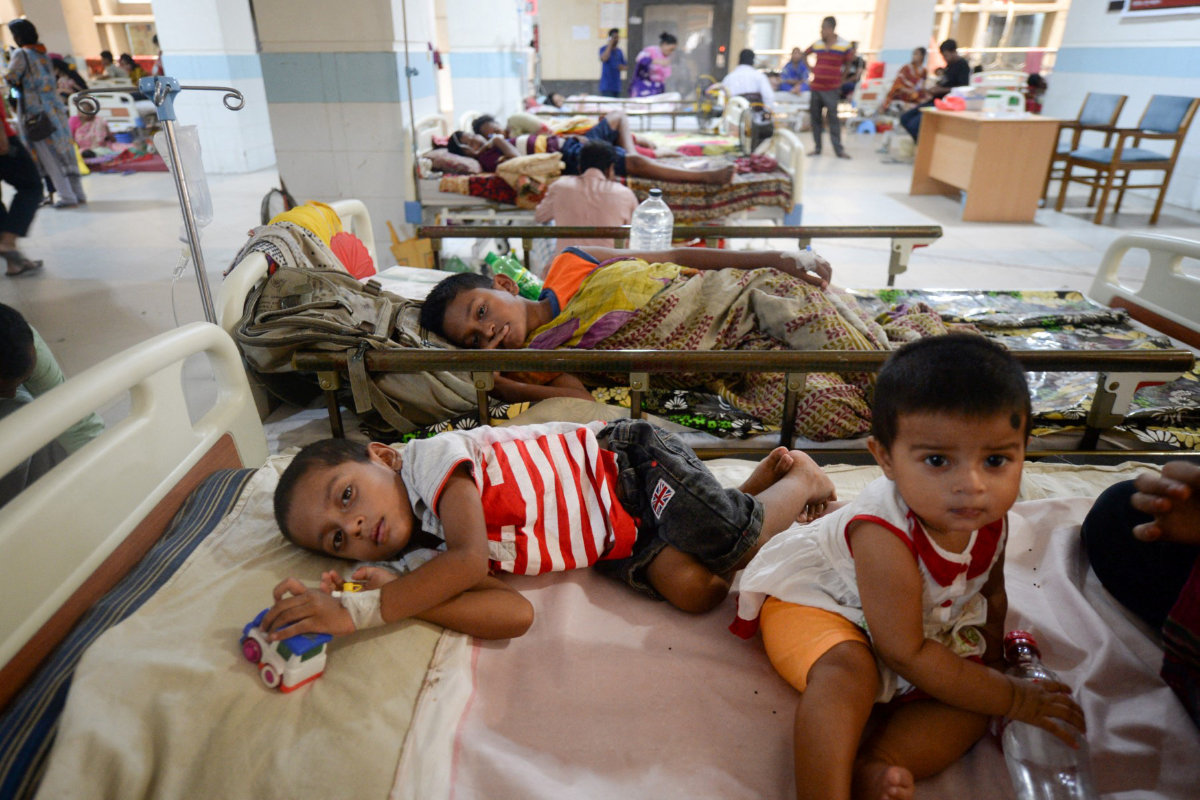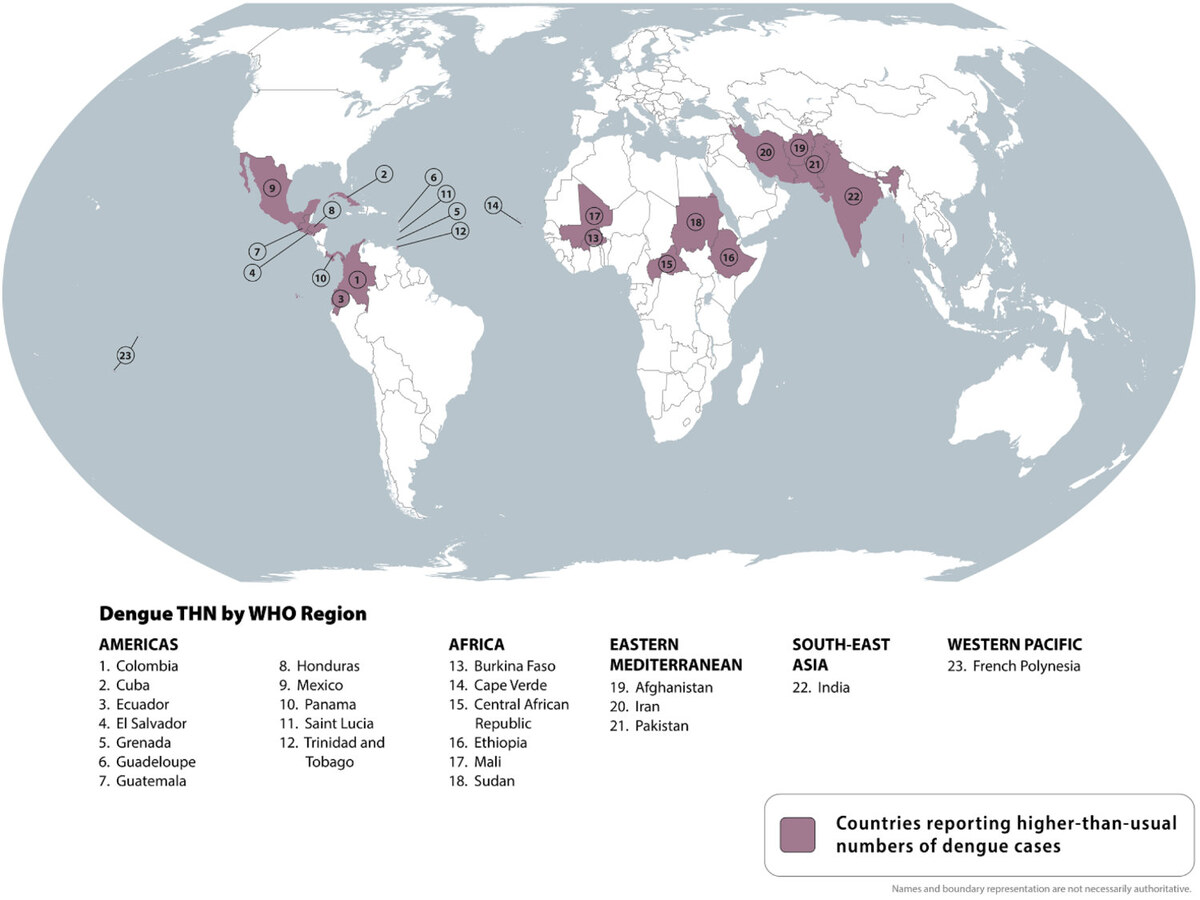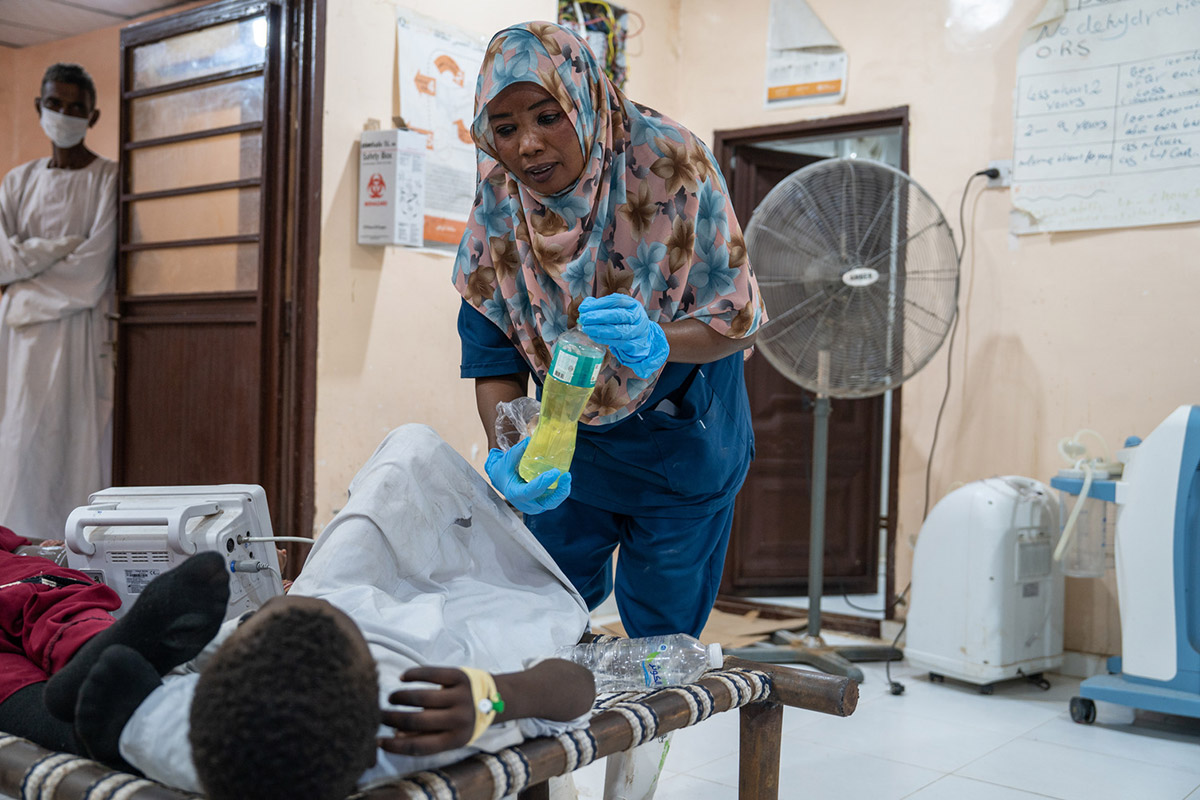INCHEON, SOUTH KOREA: The UN’s 195-nation climate science body plunged deep into overtime Saturday to finalize a report outlining stark options — all requiring a global makeover of unprecedented scale — for avoiding climate chaos.
Working through the night, the closed-door huddle in rain-soaked Incheon, South Korea, was to convene a plenary later in the day to hammer through a “Summary for Policymakers.”
Can humanity cap global warming at 1.5 degrees Celsius (2.7 degrees Fahrenheit)? What will it take and how much will it cost? Would climate impacts be significantly less severe than in a 2C world?
The Intergovernmental Panel on Climate Change (IPCC) was tasked with these questions by the framers of the landmark 2015 Paris Agreement, which calls for halting the rise in temperatures to “well below” 2C — and 1.5C if possible.
That aspirational goal — tacked on to the treaty at the last minute — caught climate scientists off-guard.
“Our understanding of 1.5C was very limited, all but two or three of the models we had then were based on a 2C target,” said Henri Waisman, a senior researcher at the Institute for Sustainable Development and International Relations in Paris, and one of the report’s 86 authors.
Based on more than 6,000 peer-reviewed studies, the 20-page bombshell will make for grim reading when it is released on Monday.
“Leaders will have nowhere to hide once this report comes out,” said Jennifer Morgan, Executive Director of Greenpeace International, and an observer at the talks.
At current rates of greenhouse gas emissions, Earth will zoom past the 1.5C signpost around 2040, and as early as 2030.
After only one degree of warming, the world has seen deadly storms engorged by rising seas and a crescendo of heatwaves, drought, flooding and wild fires made more intense by climate change.
Without a radical course change, we are headed for an unliveable 3C or 4C hike.
And yet, humanity has avoided action for so long that any pathway to a climate-safe world involves wrenching economic and social change “unprecedented in terms of scale,” the report said.
“Some people say the 1.5C target is impossible,” said Stephen Cornelius, WWF-UK’s chief adviser for climate change, and a former IPCC negotiator.
“But the difference between possible and impossible is political leadership.”
The report is set to lay out four scenarios that could result in Earth’s average surface temperature stabilising at 1.5C.
The most ambitious — dubbed the “low energy scenario” — would see a radical drawdown in energy consumption coupled with a rapid shift away from fossil fuels and a swift decline in CO2 emissions starting in 2020.
It would not require a temporary “overshoot” of the 1.5C threshold, and does not depend on sucking vast quantities of CO2 out of the air, known as carbon dioxide removal, or “negative emissions.”
A second pathway emphasises the need for changing our consumption patterns — eating less meat, traveling less, giving up cars, etc. — along with an overhaul of agricultural and land-use practices, including the protection of forests.
The final scenario compensates for a “business-as-usual” economy and lifestyle by allowing a large overshoot of the 1.5C target.
It also calls for burning a lot of biofuels and capturing the emitted CO2, a system known by its acronym, BECCS. Indeed, an area twice the size of India would have to be planted in biofuel crops.
This “P4” plan also assumes that some 1200 billion tons of CO2 — 30 years’ worth of emissions at current rate — will be socked away underground.
Signficantly, and for the first time, the UN panel quantified changes in the use of coal, oil and gas.
For the low-energy demand pathway, for example, coal consumption would drop 78 percent by 2030, and 97 percent by mid-century. Oil would decline by 37 and 74 percent, respectively, and gas by 25 and 74 percent.
The pathway of least resistance, by contrast, would still see nearly a doubling of oil use by 2030, and a 37 jump in gas.
Coal is a big loser in all the scenarios.
The US delegation — the first since Donald Trump took office to work on an IPCC report — did not throw a monkey wrench into the process, as many here had feared.
“The United States is quite constructive, though I don’t think they want that said out loud,” said on delegate who asked not to be named.
Besides special reports, the IPCC has issued five major Assessment Reports that serve as the scientific foundation for UN climate talk. The next one is due in 2022.





























